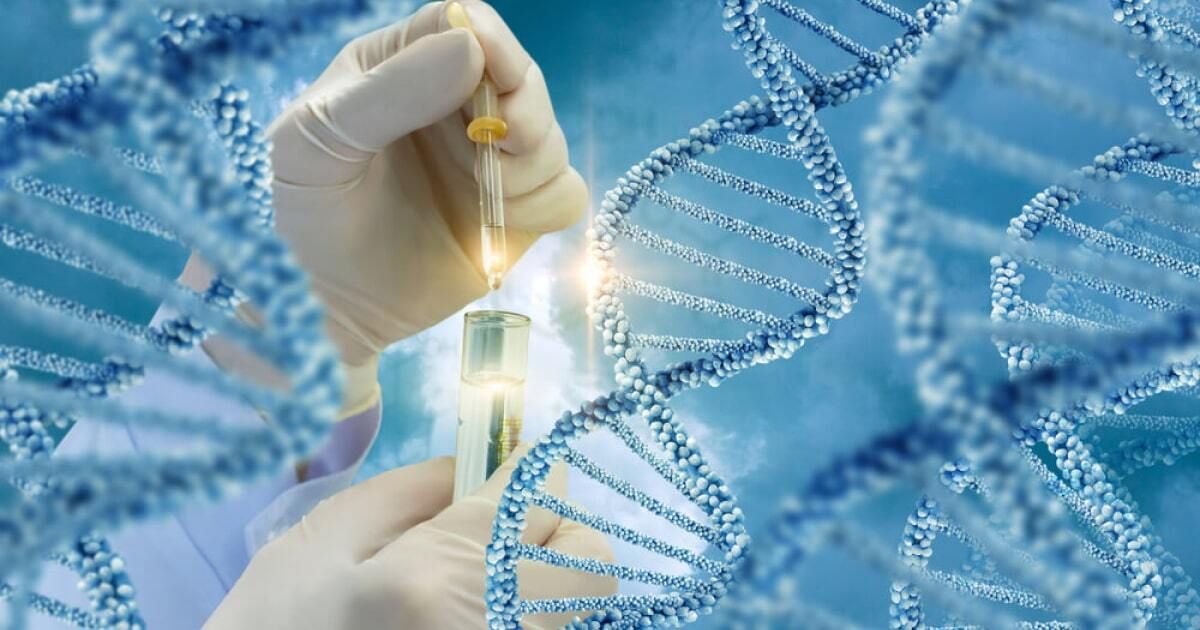Understanding, Diagnosing, and Using Genetic Testing for 46,XY DSD/46,XY CGD

Expert Reviewed By: Dr. Brandon Colby MD
46,XY Disorders of Sex Development (DSD) and 46,XY Complete Gonadal Dysgenesis (CGD) are rare genetic conditions that affect sexual development in affected individuals. These disorders can lead to a wide range of symptoms and complications, making early diagnosis and appropriate management crucial for improving the quality of life for those affected. In this article, we will explore the importance of understanding, diagnosing, and using genetic testing for 46,XY DSD/46,XY CGD.
What is 46,XY DSD/46,XY CGD?
46,XY DSD and 46,XY CGD are genetic disorders that affect the development of the gonads (testes or ovaries) and the external genitalia in individuals who have a typical male 46,XY chromosomal pattern. These conditions can result in a variety of symptoms, including ambiguous genitalia, incomplete sexual development, and infertility. The severity of the symptoms and the specific features of each case can vary widely, depending on the underlying genetic cause.
Diagnosing 46,XY DSD/46,XY CGD
Diagnosing 46,XY DSD/46,XY CGD can be challenging due to the wide range of symptoms and the rarity of these conditions. In many cases, the diagnosis is made during infancy or early childhood when ambiguous genitalia or other signs of abnormal sexual development are observed. However, in some cases, the diagnosis may not be made until later in life when fertility issues arise.
Physical Examination and Medical History
A thorough physical examination and medical history are essential for diagnosing 46,XY DSD/46,XY CGD. This includes assessing the appearance and development of the external genitalia, as well as any signs of incomplete sexual development or other related symptoms. A detailed family history may also provide clues about the possible genetic cause of the condition.
Imaging Studies
Imaging studies, such as ultrasound or magnetic resonance imaging (MRI), may be used to assess the internal reproductive organs and help determine the extent of the disorder. These imaging studies can provide valuable information about the presence or absence of gonadal tissue, as well as any structural abnormalities that may be contributing to the condition.
Hormone Testing
Hormone testing can be useful in diagnosing 46,XY DSD/46,XY CGD, as these conditions often result in abnormal hormone levels. Blood tests to measure levels of hormones such as testosterone, luteinizing hormone (LH), and follicle-stimulating hormone (FSH) can help determine if there is a hormonal imbalance that may be contributing to the disorder.
Genetic Testing for 46,XY DSD/46,XY CGD
Genetic testing plays a critical role in the diagnosis and management of 46,XY DSD/46,XY CGD. Identifying the specific genetic cause of the condition can help guide treatment decisions and provide valuable information for affected individuals and their families.
Targeted Genetic Testing
Targeted genetic testing involves analyzing specific genes known to be associated with 46,XY DSD/46,XY CGD. This type of testing can help confirm a diagnosis and provide information about the specific genetic cause of the condition. Some of the genes commonly tested for these disorders include SRY, AR, NR5A1, and DHH.
Whole Exome Sequencing (WES)
Whole exome sequencing (WES) is a more comprehensive genetic testing approach that involves analyzing the protein-coding regions of all the genes in an individual’s genome. This method can be particularly useful for diagnosing rare or complex cases of 46,XY DSD/46,XY CGD where targeted testing has not identified a specific genetic cause.
Uses of Genetic Testing in 46,XY DSD/46,XY CGD
Genetic testing can be helpful for several reasons in the context of 46,XY DSD/46,XY CGD. It can confirm a diagnosis, guide treatment decisions, and provide information about the risk of recurrence in future pregnancies. Additionally, genetic testing can help identify at-risk family members who may benefit from genetic counseling or testing themselves.
Conclusion
Understanding, diagnosing, and using genetic testing for 46,XY DSD/46,XY CGD is crucial for improving the quality of life for affected individuals and their families. Early diagnosis and appropriate management can help minimize complications and optimize outcomes for those living with these rare genetic conditions.
About The Expert Reviewer
Dr. Brandon Colby MD is a US physician specializing in the personalized prevention of disease through the use of genomic technologies. He’s an expert in genetic testing, genetic analysis, and precision medicine. Dr. Colby is also the Founder of and the author of Outsmart Your Genes.
Dr. Colby holds an MD from the Mount Sinai School of Medicine, an MBA from Stanford University’s Graduate School of Business, and a degree in Genetics with Honors from the University of Michigan. He is an Affiliate Specialist of the American College of Medical Genetics and Genomics (ACMG), an Associate of the American College of Preventive Medicine (ACPM), and a member of the National Society of Genetic Counselors (NSGC)